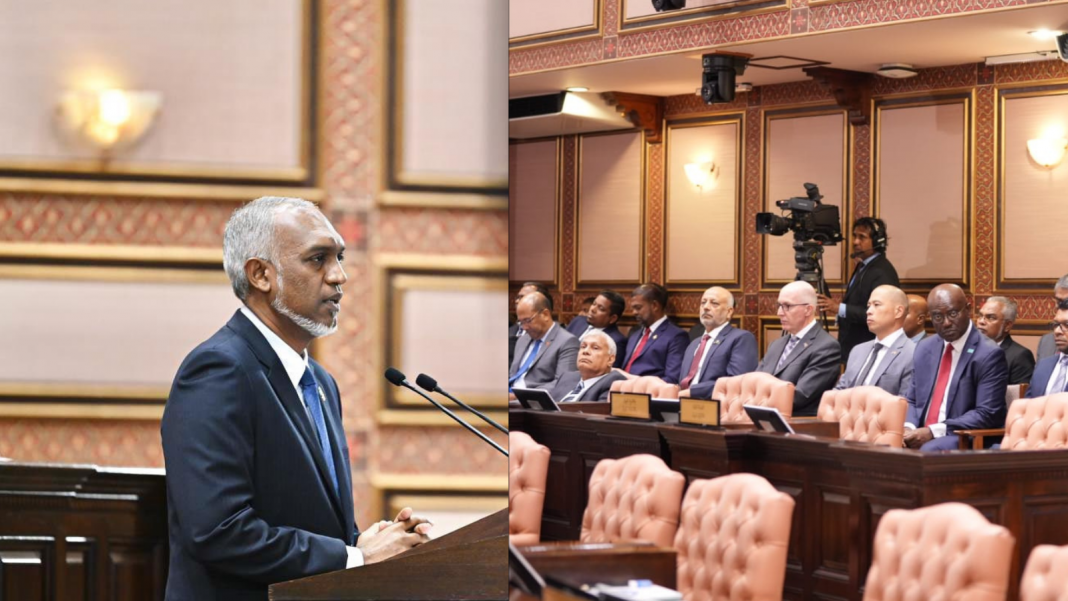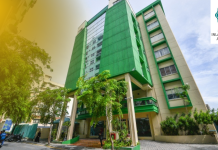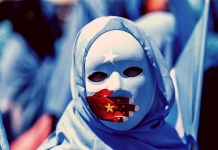In a recent turn of events, the Maldivian Democratic Party (MDP) and the opposition-aligned Democrats have decided to boycott the opening session of the People’s Majlis, marking a significant expression of dissent against the current administration led by President Dr. Mohamed Muizzu. The move is rooted in allegations of government attempts to undermine the authority of the parliament and suppress democratic values.
The decision to boycott the session was reportedly made during a meeting of the MDP’s parliamentary group, with the majority of its members opting for a peaceful protest to allow President Muizzu to deliver his address without interruptions. According to an MDP statement, the boycott is a response to the government’s perceived disrespect towards the parliament and its continuous efforts to encroach on parliamentary privileges.
One of the key issues leading to the boycott is the government’s failure to prevent threats and attacks on MPs, allegedly orchestrated by government officials. The statement further highlighted the government’s decision to turn what has traditionally been a public holiday into a working day for the opening of the People’s Majlis, a move interpreted by the opposition as an attempt to diminish the significance of the parliamentary proceedings.
Moreover, the Democrats, aligned with the opposition, joined the boycott, citing the presence of three cabinet ministers at the opening session who had been previously rejected by the Parliament. The Democrats argue that this move violates the constitution and challenges the authority of the parliament.
The consequences of the boycott were evident as only 24 out of 56 MPs were present at the opening session, with President Muizzu delivering his first presidential address amidst the political tension. Interestingly, the sitting was chaired by MDP MP Speaker Mohamed Aslam, despite calls from government MPs to recuse himself due to a no-confidence motion against him. The government has further moved a no-confidence motion against Deputy Speaker Ahmed Saleem, also an MDP MP.
The events unfolding in the Maldives underscore the fragility of democratic norms and the ongoing power struggle between the government and the opposition. The boycott serves as a symbol of resistance against what the opposition perceives as undemocratic actions by the government.


















